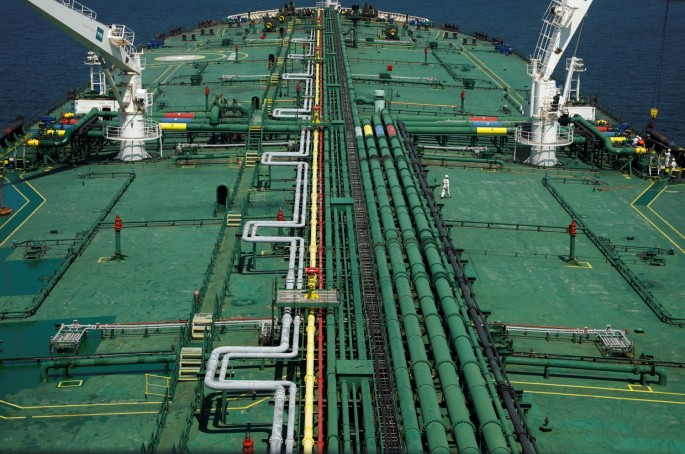Oil prices edged higher on Tuesday as OPEC, Russia and their allies agreed to stick to plans to raise output slightly from May 1, suggesting they don't see a lasting impact on demand from India's coronavirus crisis.
OPEC+, as the producer group is known, has also ditched plans to hold a full ministerial meeting on Wednesday, sources said. A technical meeting on Monday had voiced concern about surging COVID-19 cases but kept its oil demand forecast unchanged.
The panel decided to stick to policies broadly agreed at a previous April 1 meeting of OPEC+, Russian Deputy Prime Minister Alexander Novak said after the talks.
Brent crude ended the session up 77 cents, or 1.2%, at $66.42 a barrel after climbing to a session high of $66.51. U.S. oil gained $1.03, or 1.7%, to settle at $62.94.
Prices gave up some gains in post-settlement trade after U.S. crude stockpiles rose by about 4.32 million barrels last week, sources said, citing data from the American Petroleum Institute.
OPEC+ was set to slightly ease oil output cuts from May 1, under a plan agreed before the coronavirus surge in India.
India, the world's third-largest crude importer, has recorded a daily rise of more than 300,000 cases for several days. It has also reported a total of almost 200,000 deaths.
"The possibility that increasing OPEC+ production could be intersecting with weakening Asian oil demand suggests a possible end to the reduction in the global oil supply surplus that has been supporting the complex during the past year," said Jim Ritterbusch, president of Ritterbusch and Associates.
Record OPEC+ supply cuts last year helped to drive a recovery in prices from historic lows. Most of the curbs are still in place, even after the plan to raise output slightly from May.
"With only a modest production increase outside of OPEC+, and OPEC+ pursuing a cautious approach, we expect the oil market to be undersupplied by 1.5 million barrels per day this year and forecast Brent will reach $75 a barrel in the second half of this year," UBS GWM analyst Giovanni Staunovo said.
In another development that could eventually add supply to the market, talks in Vienna aimed at reviving the 2015 Iran nuclear accord were set to resume on Tuesday.



























